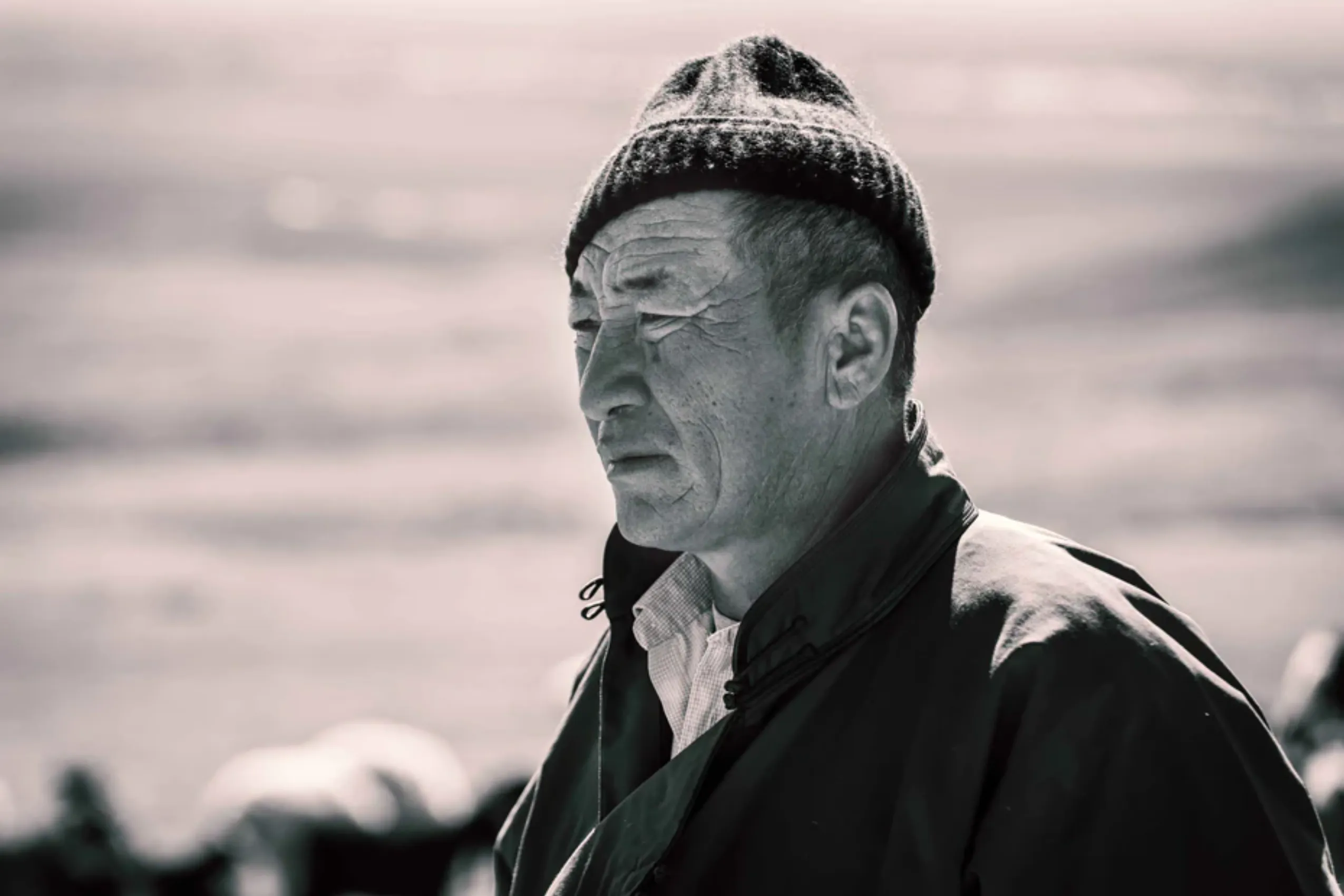Back

The Die-Hard Nomads
March 24, 2020

Ariunzul Enkhbaatar
Head of Sustainable Development Division

Ariunzul Enkhbaatar
Head of Sustainable Development Division
As the Head of the Sustainable Development Division at GOBI Cashmere, Ariunzul is committed to upholding responsible and ethical practices throughout every stage of cashmere production. She spearheads initiatives in environmental protection, social responsibility, and ethical governance while collaborating closely with herders to promote sustainable sourcing. Deeply passionate about Mongolian culture and the livelihoods of the herders who make cashmere possible, she shares stories of their traditions, the artistry behind cashmere garments, and how GOBI Cashmere remains dedicated to sustainability.
SHARE THIS
“A herder becomes a meteorologist when he analyzes climate, a botanist when he chooses pastureland, a zootechnic when feeds
“A herder becomes a meteorologist when he analyzes climate, a botanist when he chooses pastureland, a zootechnic when feeds his cattle, a zoo-psychologist when tends his livestock, an economist when he sells wool, cashmere fiber, meat and skins of his livestock and food production technologist when preparing dairy products,” said the Mongolian Economy Magazine in their conclusion after interviewing nomadic herders who make up 40 percent of Mongolians and still maintain centuries-old traditions.

Nature has shaped the religion and the philosophy of Mongolians. It has inspired a simplified and satisfying way of living. Through thousands of years, nomads have passed down their wisdom of worshipping, adapting, and living in harmony with nature instead of being frightened by it, or destroying it. Shamanism, one of the oldest religious beliefs still exists among Mongolians today in a close relationship with the original ideology that values an existence congruent with nature.
Experiencing the nomad life is not only about how to deal with animals, but also learning about how to survive in nature by preventing possible dangers. Mongolians have had a long tradition of predicting the weather by using clues given by nature. It is very common for nomads to stay outside just standing and feeling, observing nature as well as the animals around. After spending some time in silence, nomads start to tell their kids what to do to keep their livestock safe from possible natural occurrences. For example, mesmerizing red skies are not just a beautiful color display for nomads, it foreshadows a sunny day. These tough people have always acknowledged that animals use their sixth sense the best and tell them what is coming soon by their act. The most common old fashion signs has to do with cattle. When they sense that the weather is going to change for the worse, they will move away from any exposed hills and gather in the lower elevations for protection. The list of natural signs nomads use every day to monitor the weather is long enough to make up a whole book.
One of the brightest examples is the moving novel that is an international hit and bestseller, Wolf Totem. The book describes nomads and their nomadic lifestyle, roaming the steppes with their sheep and cows in harmony with nature, based on a true story. The nomads both loved and hated the wolves which would attack them and their livestock, but were also their objects of worship. The novel tells the tale of nomads and settlers and their relation with wolves. This is still true and still practiced out there in the countryside of Mongolia by the nomads.
A herder’s knowledge as considered as “king knowledge” and herders as “the masters of a thousand skills”. That is honest evolution indeed; a herder becomes meteorologist when they analyze the weather, a botanist when they choose pastureland, a zootechnics when they feed cattle, a biopsychologist when tending their livestock, an economist when selling wool, cashmere fiber, meat and skins of animals and food production technologist when preparing dairy products. There is no other way but to define it rather than a “fine science” when herders memorize their hundreds of sheep individually by their appearance and can point out the location of their horses even when they haven't seen them in days with the same accuracy of GPS device. On the other side, this is proven in real life when travelers are mesmerized by the driving skills of Mongolians out in the countryside where the landscape looks pretty similar to those who have never been to Mongolia.
RELATED POST: SUSTAINABLE CASHMERE IS TRUE LUXURY
It is surprising for many to know how tough and rustic Mongolian nomads, who survive such harsh climates, show tender care towards their animals, plants and each other. Are there any other civilizations that have designed their boots to avoid damaging seedlings? How many others out there still sing and play instruments to comfort newly mothered livestock to take back their own rejected offsprings and other orphaned ones? These rituals are the nomadic intangible heritage passed down from generation to generation and practiced even today.